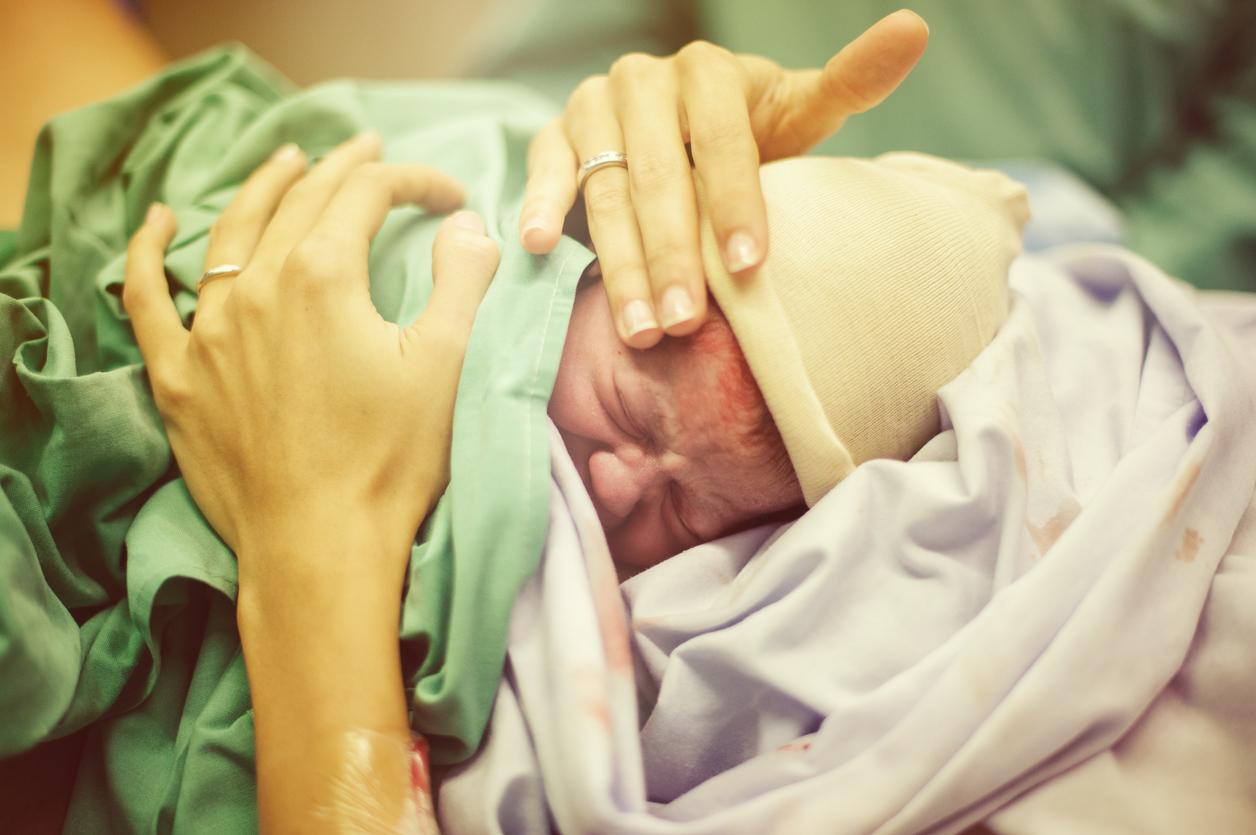Women who have ‘natural’ C-section bond more with their baby, say doctors
The technique is said to make the experience of birth more satisfying

Typically, babies can enter the world in one of two ways: vaginal birth or surgical delivery. But now, doctors are hailing the benefits of a 'natural' variation of the caesarian section.
Known as a ‘gentle’ caesarean, childbirth experts are increasingly advocating a technique, which mimics normal childbirth by allowing the baby to emerge at their own pace, rather than being pulled out by a doctor.
Instead, the new mother is encouraged to watch their baby being born through a small surgical incision as the child wriggles itself through the gap.
Now, doctors are saying that this approach can help women bond better with their children because they can hold them without them having to be whisked away and cleaned, the Daily Mail reports.
Dr Felicity Plaat, a consultant anaesthetist at Imperial College Healthcare NHS Trust in London, says that the technique is also associated with increased breastfeeding rates and that it’s completely safe.
While a ‘normal’ c-section can take as little as two-minutes with the cord cut immediately, a ‘natural’ option means the baby is given time to wriggle free as the mother watches.
When the baby is born, it’s placed straight on the mother’s chest, with the cord still attached.
“In the UK at least, with the emphasis on normal birth, many women requiring C-sections have a feeling of inadequacy or even failure,” Dr Plaat said.
“The natural caesarean section appears to mitigate this, by increasing bonding opportunities between mother and baby.
The positive birth movement
Show all 5“I believe natural caesarean makes the experience of birth much more satisfying for the increasing number of women who require a C-section.
“Denying women this in order to discourage them from considering this mode of delivery is in my personal opinion, completely unethical.”
Dr Plaat, who is backed by the Royal College of Midwives and Royal College of Obstetricians and Gynaecologists, added that in 2010 elements of the technique were available in at least 55 per cent of units but now, ‘a lot more units’ are offering it.
In April this year, a doctor in Venezuela shared an emotional video of the technique which saw a baby’s head slowly protruding through a small incision in the mother’s abdomen before finally pushing its way out.
Subscribe to Independent Premium to bookmark this article
Want to bookmark your favourite articles and stories to read or reference later? Start your Independent Premium subscription today.

Join our commenting forum
Join thought-provoking conversations, follow other Independent readers and see their replies